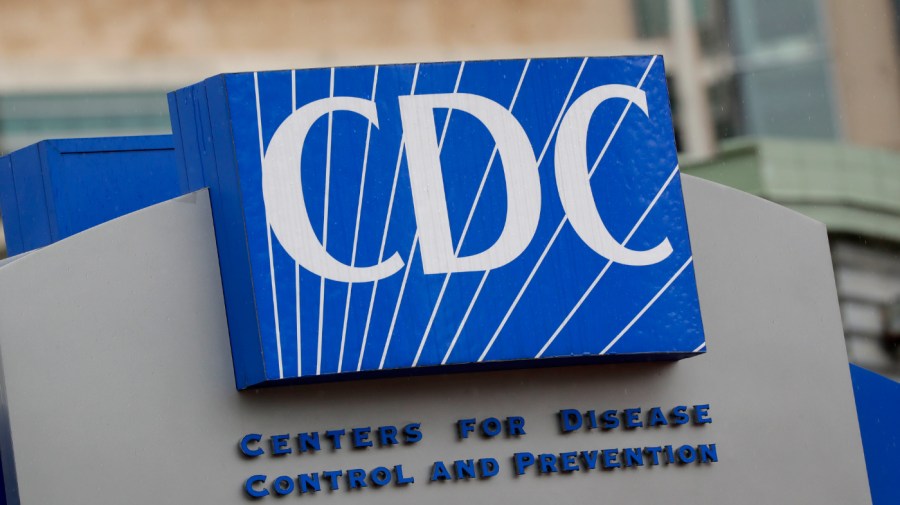Though the rate of sexually transmitted infections (STIs) remains high in the U.S., the spread of syphilis appears to be slowing down according to new federal data showing that cases grew by only one percent in 2023 following years of double-digit increases.
According to the Centers for Disease Control and Prevention (CDC), there were more than 2.4 million STI infections in 2023. Since 2004, the number of STI infections in the U.S. has risen by 90 percent.
Between 2018 and 2022, the number of syphilis cases at all stages grew by 78.9 percent. The CDC noted that the rate of primary and secondary syphilis cases, which represent the most infectious stages of syphilis, fell by 10 percent in 2023, which the agency called “the first substantial decline in more than two decades.”
Primary and secondary syphilis cases also fell among gay and bisexual men for the first time since the CDC began reporting cases in these groups nationally. The agency noted this slowdown followed the guidelines for doxy PEP which it proposed last year, the authorization of at-home tests for STIs as well as a coordinated response led by the National Syphilis and Congenital Syphilis Syndemic Task Force.
Jonathan Mermin, director of CDC’s National Center for HIV, Viral Hepatitis, STD, and TB Prevention, said he saw a “glimmer of hope amidst millions of STIs.”
“After nearly two decades of STI increases, the tide is turning. We must make the most of this moment—let’s further this momentum with creative innovation and further investment in STI prevention,” Mermin said in a statement.
Despite the progress, it was also reported by the CDC that almost 4,000 infants in the U.S. were born with syphilis last year. The agency called for prioritizing the STI epidemic at all levels of government, investing in public health systems and developing new prevention, testing and treatment solutions.

